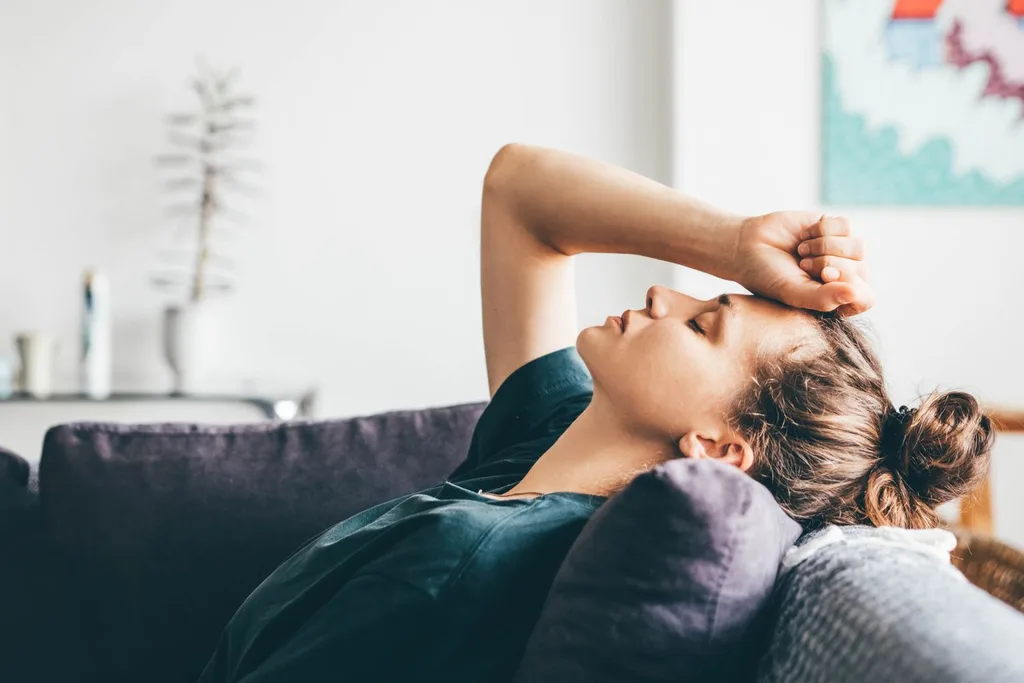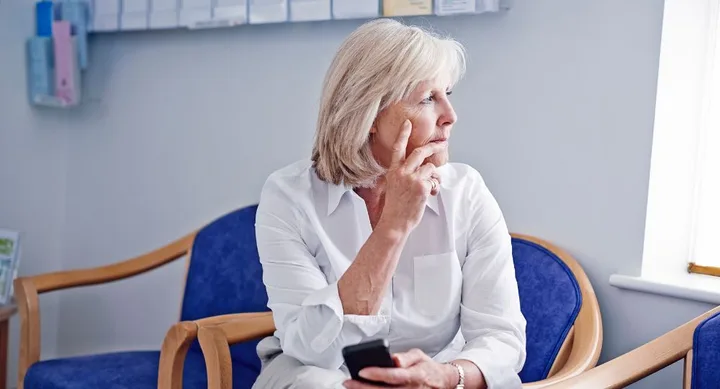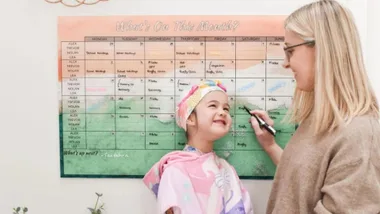This World Mental Health Day on 22 October, look at what’s impacting your mental health, including health anxiety.
In today’s fast-paced and information-driven world, it’s easy to fall into the trap of worrying about your health excessively.
Health anxiety – a condition we used to call illness anxiety or even hypochondria – is a condition where people obsessively worry about having a severe medical condition, despite having mild symptoms or none at all.
WATCH: How to calm your anxiety, from a neuroscientist. Article continues after video.
This excessive concern about their health can cause anxiety, interfere with their ability to function in daily life and lead to unnecessary and expensive medical tests and doctor visits.
If health anxiety has got you in a spin, don’t worry! There are effective strategies to combat it and regain control of your wellbeing…
Dr Ginni Mansberg, General Practitioner and television presenter, shares her expert advice.

Understand What’s Behind It
Health anxiety often arises from a combination of psychological, emotional and environmental factors. Some common root causes include:
- Your own personal history
- Your family history
- Media and social media
- Stress and anxiety
- Certain personality traits (for example, perfectionism)

RELATED || How to eat healthy on a budget
How to stress less
- Educate yourself. Instead of endlessly browsing the internet for health information, focus on reputable sources and consult healthcare professionals.
- Put your screens away. Take a break from watching TikTok reels, YouTube videos and reading news articles about medical conditions.
- Embrace mindful meditation. Mindfulness techniques can help calm an anxious mind and bring focus to the present moment. This can help reduce the fixation on health concerns.
- Set boundaries around reassurance seeking. Resist the urge to seek constant reassurance from doctors or loved ones. Trust the medical advice you receive and avoid repeatedly asking for confirmation.
- Challenge catastrophic thinking. When anxious thoughts arise, challenge them with evidence-based reasoning. Ask yourself if there’s real evidence supporting the worst-case scenario.
RELATED || Easy ways to stress less

World Mental Health Day tips
In summary, look after your mental health by understanding what’s impacting your well-being, including constant health anxiety.
For example, could your hospital TV shows be worrying you? Or past family medical history?
Treat these anxiety triggers by cutting out the stimulants and going to the doctor regularly for check-ups if needed.
This medical advice is based on an expert opinion, please seek professional assistance for your specific needs.










